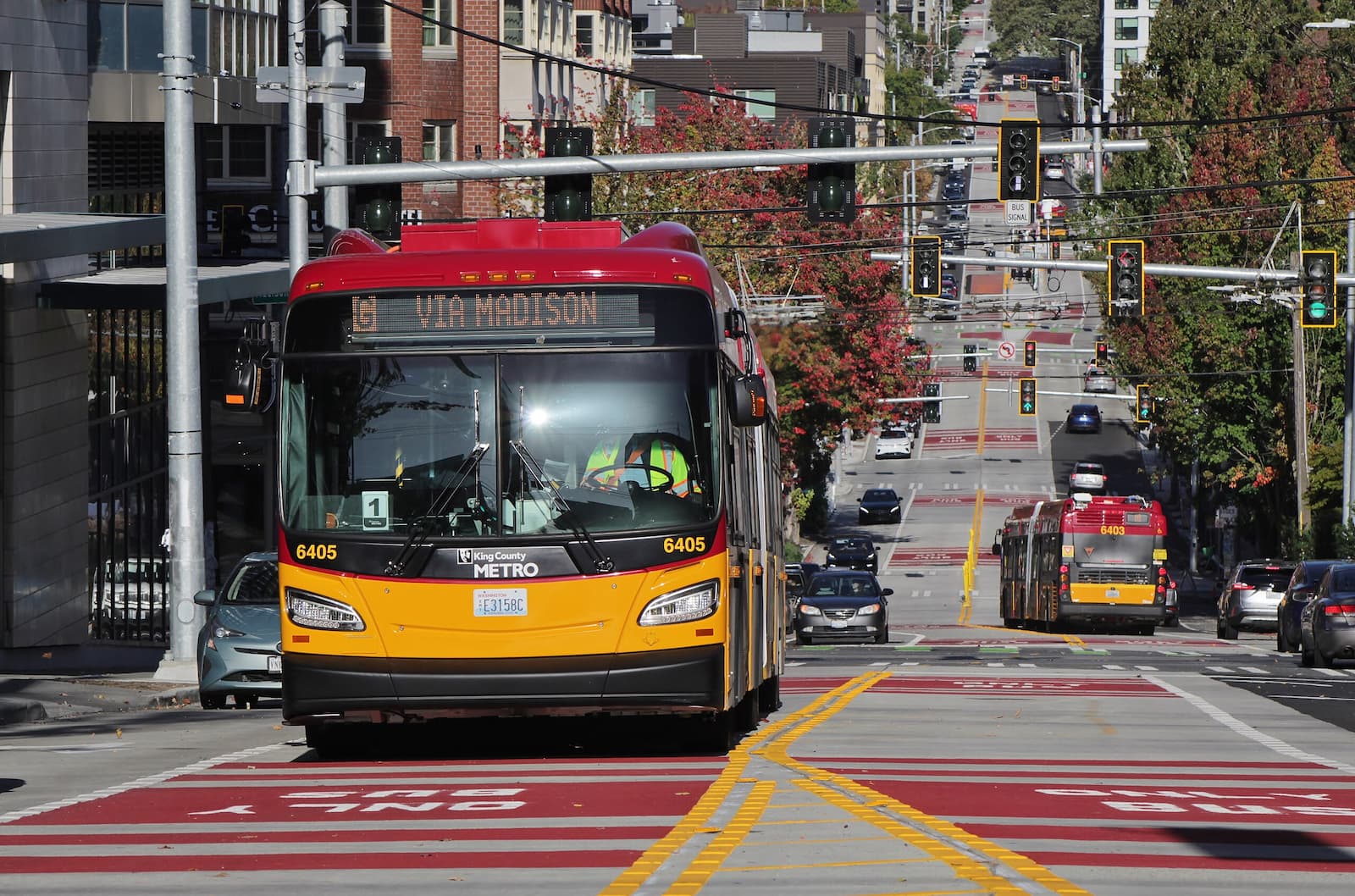Judge expands block on sanctuary-city funding cuts, shielding Seattle and other cities

U.S. District Judge William H. Orrick on Friday widened a court order that bars the Trump administration from withholding federal funds from cities with sanctuary policies, including Seattle. The new ruling extends protections to 34 additional jurisdictions such as Los Angeles, Chicago, Boston, Denver and Baltimore, building on an April injunction that covered 16 others.
Orrick wrote that the administration had offered no new arguments beyond appealing the original decision, which held that President Donald Trump’s executive orders threatening to cut off funds were an unconstitutional coercive threat. At stake are billions in federal grants that support policing, housing, emergency services and transportation.
Public safety and policing
Seattle receives millions each year in Justice Department grants that support local policing initiatives. Nationally, DOJ funding to state and local governments has grown in recent years—rising from about $3.6 billion in 2022 to $4.9 billion in 2024. Seattle’s share typically ranges between $5 million and $15 million annually, funding officer training, de-escalation programs, technology upgrades and community policing initiatives. Losing access to those grants could force the city to scale back critical law enforcement programs.
Housing and transportation
Federal housing and infrastructure programs represent some of Seattle’s largest recurring grant inflows. The city receives more than $90 million annually through programs like Community Development Block Grants and Housing Choice Vouchers, which help fund affordable housing and rental assistance. Transportation also depends heavily on discretionary federal awards: in 2022, Seattle secured $25 million from the RAISE program to improve freight mobility in SODO. The threat of losing such funds jeopardized major transit, pedestrian and housing projects across the city.
Emergency management and homeland security
Seattle relies on the Homeland Security Grant Program, including the Urban Areas Security Initiative, which awarded the Puget Sound region about $11 million in 2023. These funds support regional disaster preparedness, counterterrorism training and equipment for police and fire departments. Without them, the city would face a significant gap in its ability to respond to earthquakes, wildfires or other large-scale emergencies.
Crime victim services
The federal Victims of Crime Act distributes more than $1 billion each year to localities for emergency housing, counseling and legal support. Washington state received about $88 million in 2022, with King County agencies among the top recipients. Losing these funds would have meant cuts to shelters, healthcare access and transportation for vulnerable victims.
Beyond these major federal funding programs, Seattle also has recently also relied on:
- $5.5 million from FEMA to add air-conditioning at library branches serving as cooling centers
- $25.6 million for sidewalks, bike lanes and safer intersections in SoDo
- $59.9 million to build the RapidRide G Line on Madison Street
- $1.9 million from DOJ to expand the CARE program for crisis calls
- Federal DHS grants helping local nonprofits upgrade physical security
- HHS block grants supporting housing, nutrition, employment and emergency services
